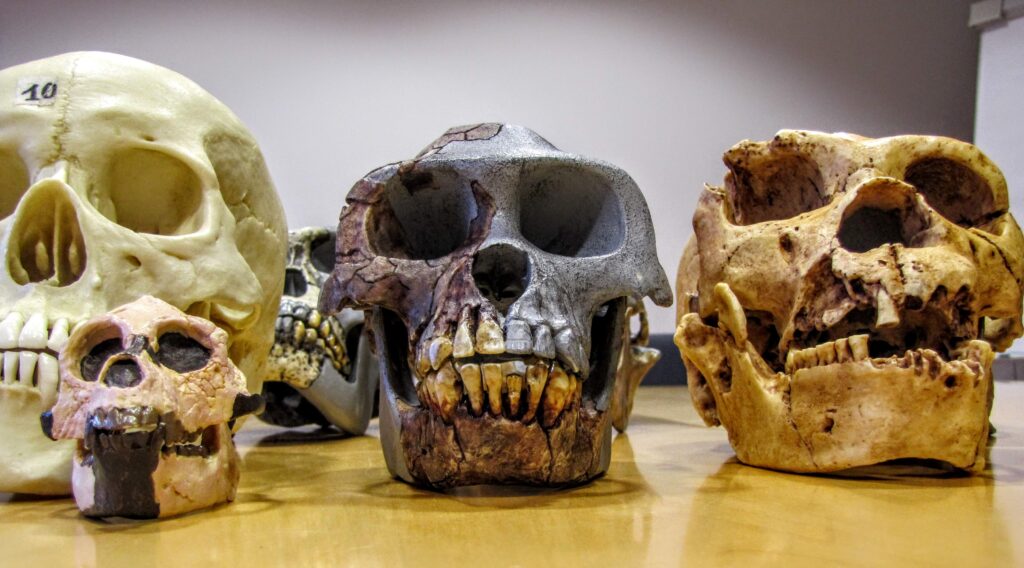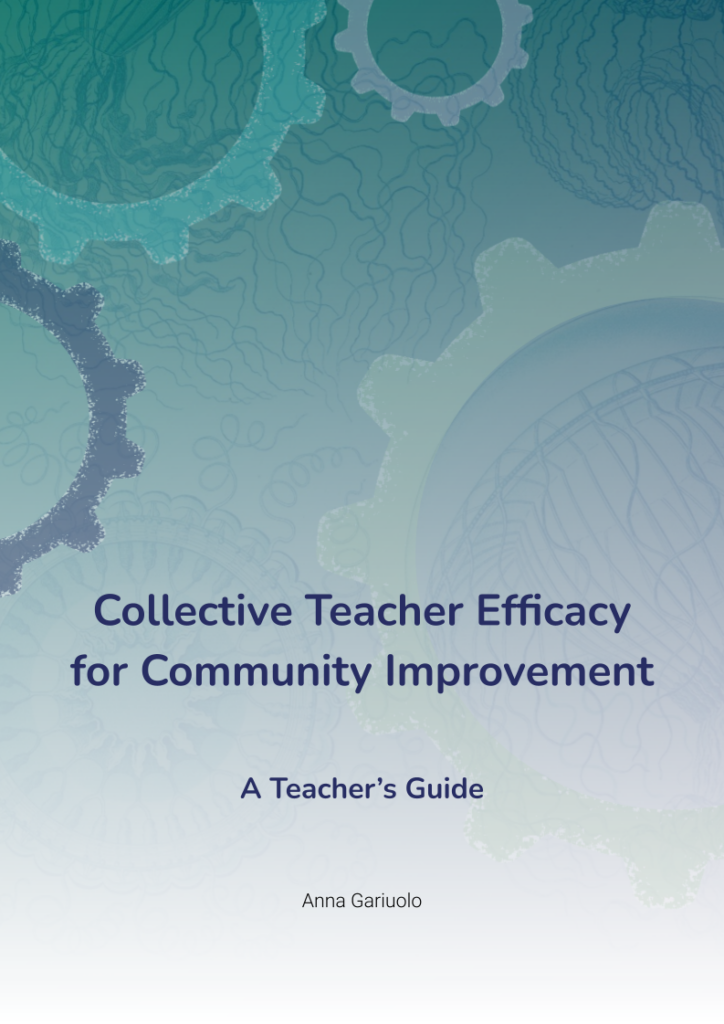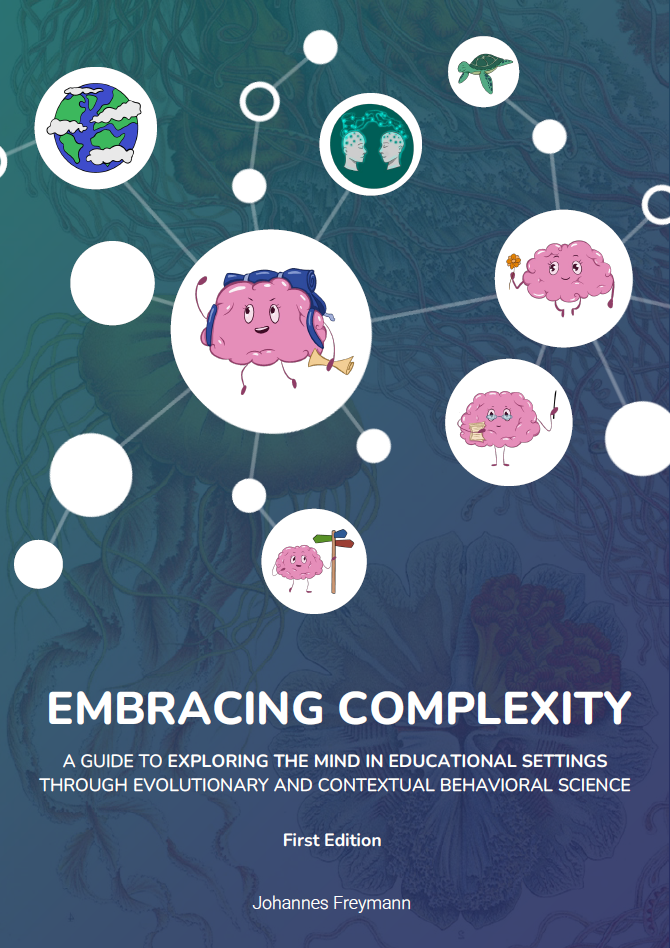Fast and slow thinking
Human Evolution Resources Fast and Slow Thinking As we look more closely at our perception and thinking, we find that some of it is quite automatic and effortless. Other situations require our conscious concentration and make us tired very quickly. So solving the equation “2 + 2” feels quite differently to us from solving the […]
Fast and slow thinking Read More »





